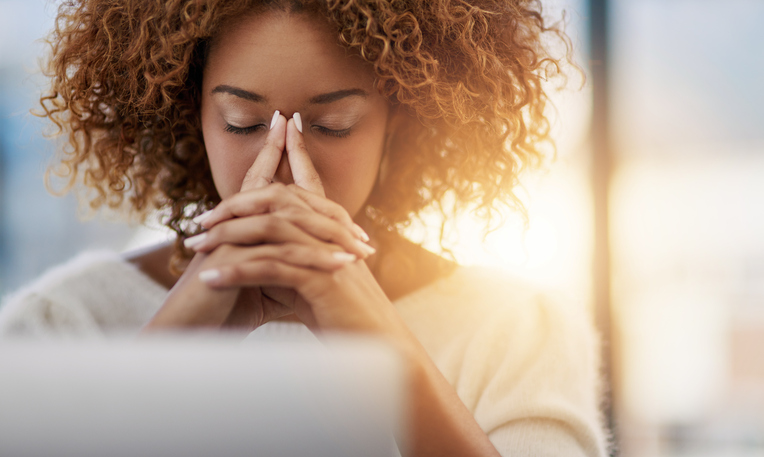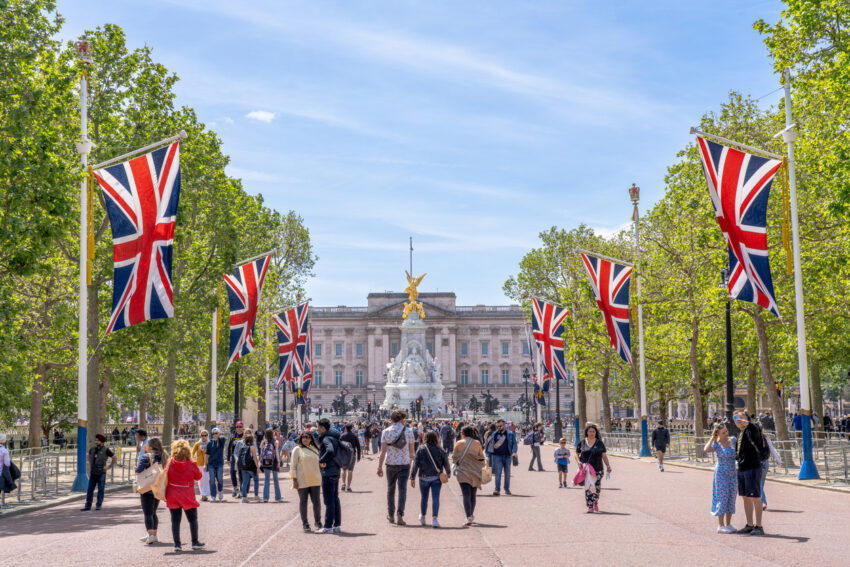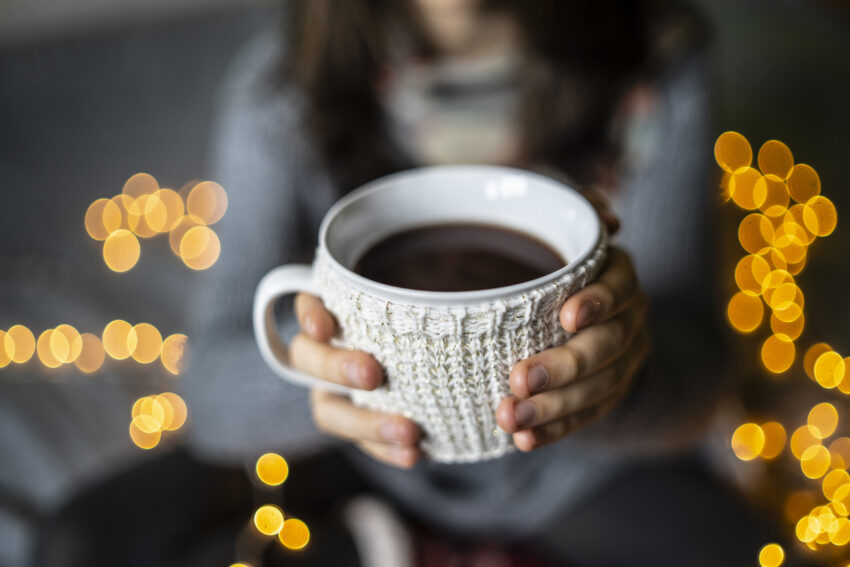Why I Bother to Drive
Monday mornings in west London are bustling with road users, lorries dropping off loads, blocking the roads, motorists, cyclists and heavy sidewalks of pedestrians, the odd one or two spilling onto the streets, all amid road works. Great, pretty much the only day I take the car out on cue. Sometimes I wonder why I bother.
In short, it is the most convenient way for me to get to my weekly hair appointment. And the truth be known, it gives me an opportunity to do some character analysis and character building.
Behind a steering wheel, I continue to learn a lot about myself, some of it is admirable and some, well that is the part I need to keep working on. That is where the character building comes in.
But first the admirable part. I feel incredibly independent when I am driving, but not at the expense of others, more on that later. The point is this sense of independence is indelibly linked to my self-esteem. I hate hailing taxis, and I am not so mad on the London Underground either. And with a broken toe, my ability to walk long distances has been put on ice but that is another blog.
No wonder I didn’t hesitate to get my UK license when I moved country’s nearly 30 years ago. Already driving for nearly 20 years, I thought my transition would go without a hitch. It did not. One failed practical test after a major fault, cutting someone off at a roundabout, and a few fender benders later, I felt traumatised but if I was going to hang on to a shred of my independence, after all I had left life as I knew it behind in the US, I needed to keep driving. So, I did.
Alongside maintaining my sense of independence, driving had already taught me some of life’s most important lessons, including how to manage a crisis, (okay, I worked in crisis management for years in New York but driving came first). Anyhow, possibly the first accident that I had as a driver involved skidding and hydroplaning. The lesson: do not panic. Control what you can and let go of the rest. Fair enough, my father, the chief defensive driving instructor for the Marines stationed in Albany, Ga, at one of the country’s largest logistic/supply bases, might have helped with the lesson but either way it came through driving.
In addition, driving continues to help me understand the importance of interdependence. Sure, independence is great, but we cannot live in this world alone. Furthermore, driving keeps me reaching for that illusive concept of patience, no wonder I keep driving. But before you judge let me be clear, I do not do road rage, though I am provoked regularly, speed demons tailgating in a 20-mph zone, laying on their horn and all the rest. And cyclists, need I say more. Whatever happened to obeying the traffic laws and riding in the lanes that were built especially for you. Never mind, pedestrians wandering in the road aimlessly and sauntering across a motorists’ green light.
Thankfully, I am a seasoned, quite skilled driver who handles it with tact, most of the time. Here is the thing, we need each other to use the road, safely, right? So why not yield to the lessons that life is throwing at us?
Recently, after an onslaught of hazards that came to a screeching halt in backed up traffic, I let out a sigh and mumbled that I was tired and would no longer moan or be goaded into aggression. Suddenly, my car went into action, announcing loudly the energising programme that I did not even know we had. No kidding, my seat went into a lively, sports massage with blue lights flashing all around. It was terrifying. Thankfully, it responded as swiftly to my command to stop as it did the inadvertent one to start.
Honestly, this was a test of patience–AI spying on me. Trust me, I have come a long way in this area, though I still have a long way to go. I am a work in progress but if I keep driving, I have a feeling I will get there. That is why I bother.









